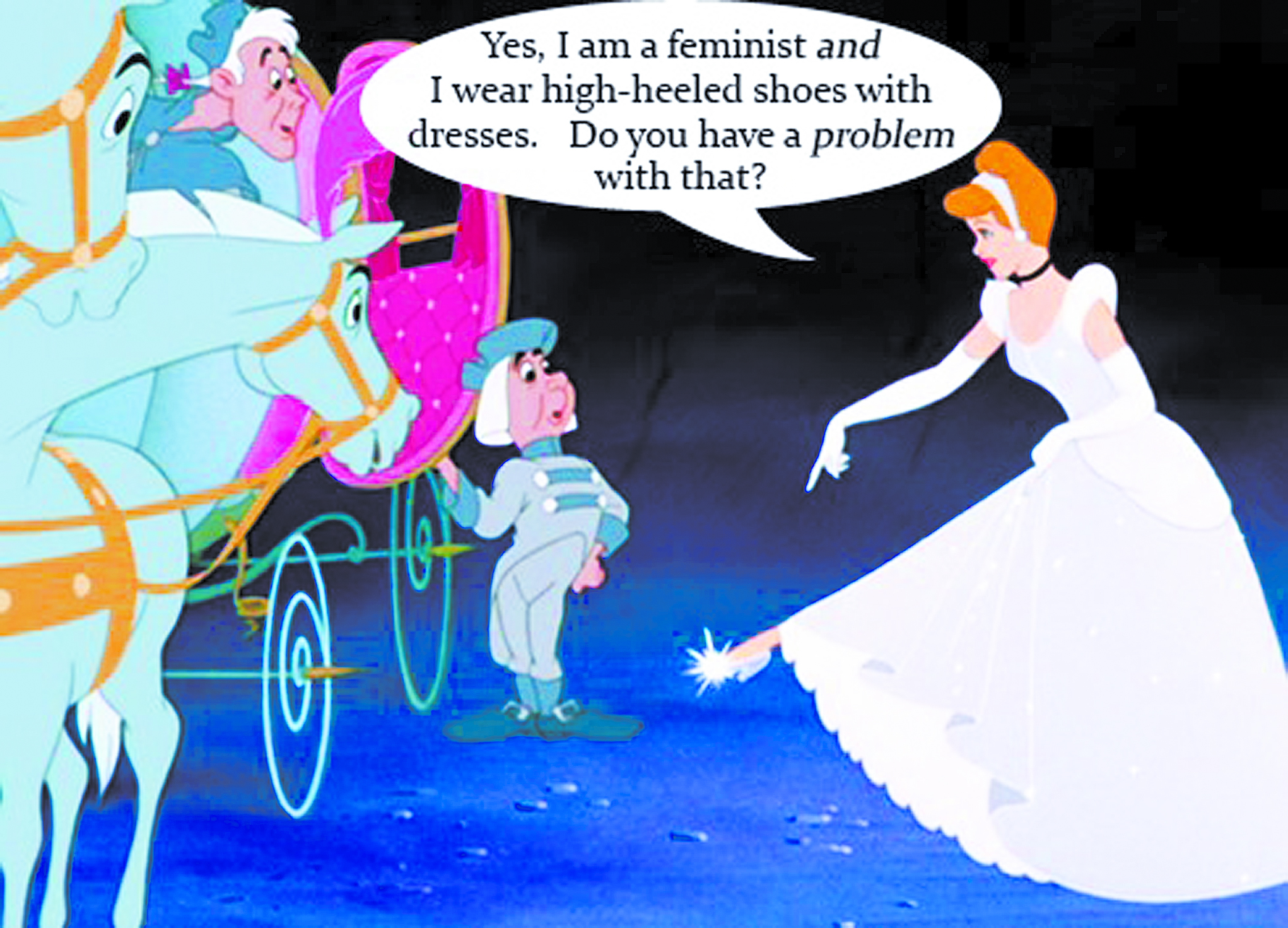Like most people, I am an avid Disney fan. I grew up on those movies, and the characters I adored the most were undoubtedly the princesses.
When asked who my favorite princess is, however, my answer usually surprises people.
It’s Cinderella.
Yup. There’s no gag there. She is really my favorite princess of the lineup. Always has been and always will be, even over the more “modern” princesses like Merida, Tiana, and Elsa.
Usually, when I tell people that, they express some mixture of surprise, confusion, and disappointment. It’s usually something along the lines of “How could you like her? She just waited around until a rich prince decided she was pretty and saved her. What an anti-feminist character!”
That, in my opinion, is an embarrassingly shallow take on the story’s message, but I understand why it’s such a prevailing one.
Since the original Cinderella movie came out in 1950, times have changed. Modern-day feminism prizes women’s independence and strength. Hell, I’ve written several pieces praising the growing quality and diversity of women’s roles in film, especially for women of color.
Roles like these are a huge relief to see on screen after decades of relegation to eye-candy roles, as they represent an important step forward. However, that doesn’t suddenly mean that the more old-fashioned Cinderella deserves to be derided. She is a feminist role model in her own right, too.
There are other kinds of bravery and heroism besides the kinds involving weapons and words, overthrowing despots or starting revolutions. Cinderella’s environment, in my mind, represented a much more grounded version of reality than many fairytales did. Her oppressors didn’t have magical powers or vast governmental influence, and they weren’t some shadowy, mysterious overlords. They were her family, people who were supposed to look out for her — but chose to abuse and manipulate her instead, as family, friends, and strangers unfortunately sometimes do.
To say she sat down and “took” the abuse is the wrong way to look at it. She survived it and went on to find love later in life. More importantly, the suffering she went through didn’t turn her hard and cold inside. She remained good and kind, and found a way to be happy even though her tormentors tried to snatch joy away from her.
It’s hard to do the right thing. And it’s really hard to be truly, sincerely nice to those who treat you poorly. It requires a kind of strength of character that is rare to find and even rarer to maintain in a world where niceness and naiveté are considered one and the same.
I love the 1950 version of Cinderella, but the 2015 live-action film put into words the central theme that the animated version really alluded to more than stated outright: “Have courage and be kind.”
That, really, is what it comes down to.
For Cinderella, it’s kindness that is an act of courage, of transgression.
Repeated abuse warps you on the inside. People have certainly found far lesser reasons to become bitter and cynical towards the world.
In Cinderella’s case, yes — the whole world wrongs her, but she doesn’t want revenge. She doesn’t kick-flip her way out of a situation, swearing to wreak havoc on her abusers.
Instead, she chooses kindness. She chooses forgiveness.
“I forgive you” are, indeed, the last words she utters to those who have so ill-used her.
That’s much more painful, much more realistic, and — in my opinion — much braver.
I can see myself talking tough words, refusing to take shit from someone who thinks less of me.
But having the strength of character to forgive someone like that? Having that much kindness in my heart?
I don’t see that in myself.
But I don’t think the point of fairytales is to show us what we already are. It’s to show us what we could be, what we should aspire to achieve.
And that’s why I think the story of Cinderella will never fade away.
The point of her story is to show that having courage and being kind is its own form of bravery.

Be First to Comment